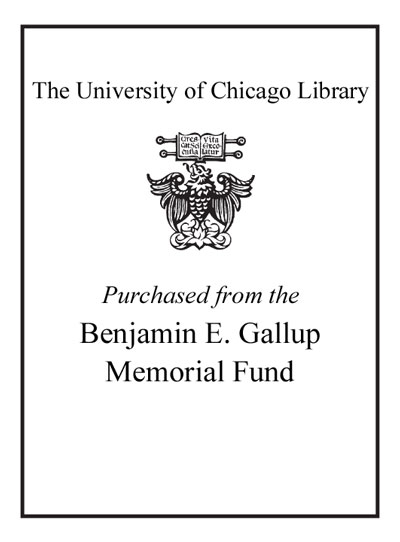Review by Choice Review
Roper (SUNY, New Paltz) focuses on political affairs in this revisionist account of Colonial South Carolina's proprietary period, leading him to several conclusions. The author places blame on the "Goose Creek Men," the colony's local elite, not the Proprietors, for the local strife during this period. Moreover, he argues that these conflicts resulted from disputes over control of the Indian slave trade, not politics. The author further claims that the Proprietors never sought direct oversight of the colony, establishing the local authority that would become the hallmark of South Carolina's political culture. Instead, the freedoms and autonomy enshrined in the Fundamental Constitutions would "make Carolina a difficult venue for prospective European migrants of all backgrounds to resist." However, migrants were motivated more by land and economic opportunity than political freedom, and attracting settlers remained a significant problem. Roper also claims that the Barbadian influence on South Carolina's development, long noted by other historians, is actually quite limited. There are many provocative ideas here, but few of them are fully convincing. Furthermore, by leaving out Africans and Native Americans, Roper neglects crucial aspects of South Carolina's proprietary period. ^BSumming Up: Recommended. Graduate students and faculty. J. Mercantini Canisius College
Copyright American Library Association, used with permission.
Review by Choice Review

